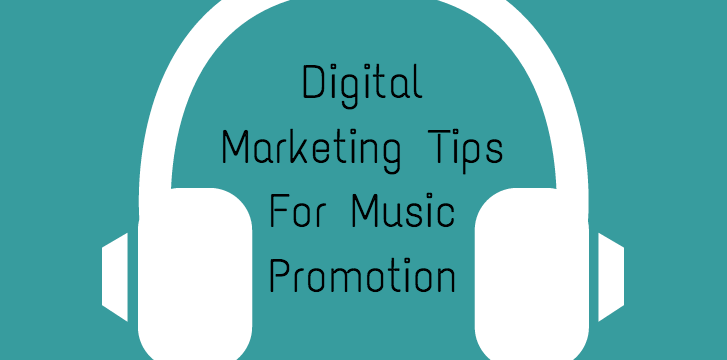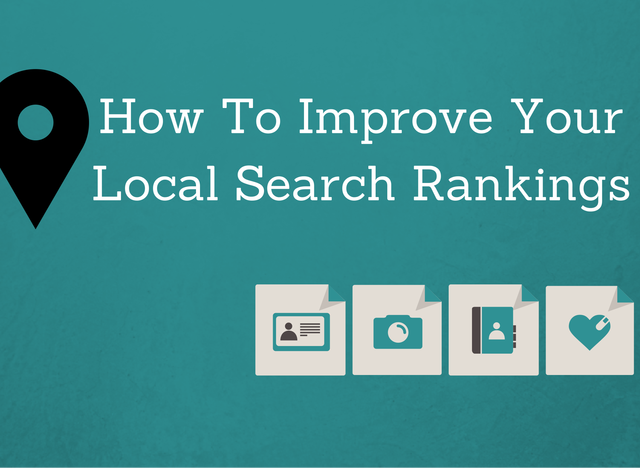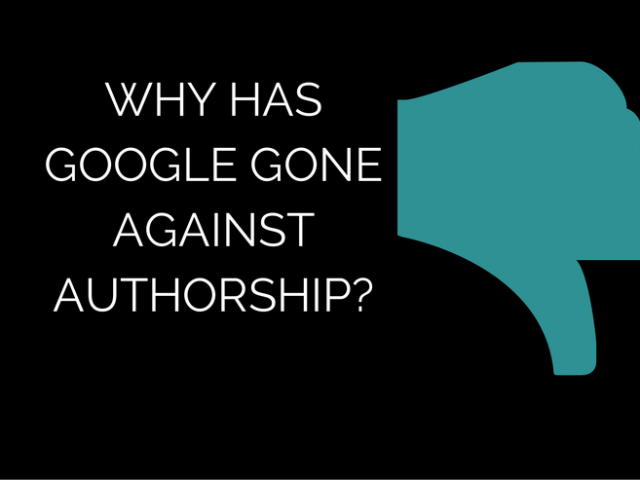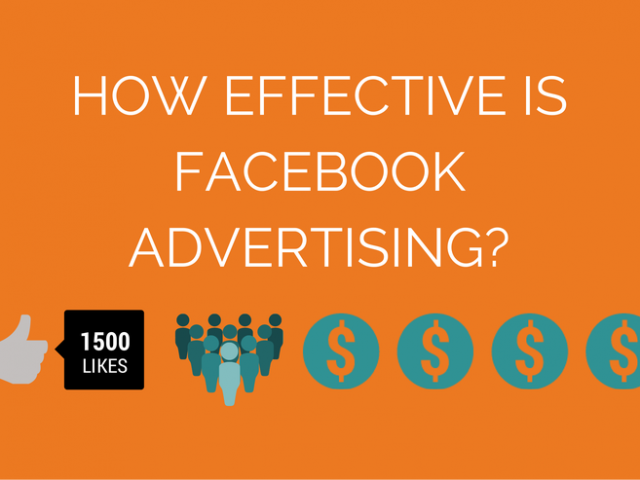The music industry is arguably a lot harder to break into than it was a generation ago – although some might say it’s actually easier, it just depends on how you define ‘success’. Whilst modern platforms give everyone the chance to have their 15 minutes of fame, it’s now increasingly difficult to actually get anywhere in an over-saturated market. However, rather than stifling talents, we ought to be encouraging creativity. Musicians may often have to hold down other work in order to promote their music to where they want it to be, but this doesn’t have to be anything to be ashamed of.
Between 2004 and 2010, the global music industry’s overall worth declined by 31%. (IFPI, 2011). The ‘future’ of music is well and truly here, and with record labels and other vehicles of promotion becoming obsolete, artists have had to find other ways to promote themselves. Print media is also suffering. Once the main avenue to use to promote an artist or musician, the music press, although still thriving modestly, has been considerably affected by decline in circulation.
It’s painfully obvious, then, that the future is Digital. Although Live Music is the key to bringing fans and artists closer, Digital Marketing helps to do this all the more. And, thankfully, it works. Recently, on the tenth anniversary of the IFPI’s Digital Music Report at the end of 2013, chairman Plácido Domingo said the online world has given an “unprecedented platform to reach music fans wherever they may be…. and the music industry has harnessed this potential”. We already know Social Media is key, as is general online marketing. But how do you go about this? You, too, can use it to your advantage musically with these simple tips!
1. Cover all bases – that’s Facebook, Twitter, Instagram, Tumblr, Pinterest, We Heart It, YouTube - the lot. Even Snapchat and Foursquare. Just because you don’t like one of them, it doesn’t mean your fans don’t! There should be plenty of detail on each network, for example, band member information, location, and any events you have coming up. There should also, most importantly, be links to places people can find your music. That’s what it’s about, after all! Try and focus primarily on the networks giving you the most engagement or interaction though – once you build up one or two really well, the others will grow naturally.
2. Make sure you post regular, relevant updates and use your insights and analytical tools to see what kind of stuff got high engagement. Posts that perform well are typically those where you’re doing something right! Take note of the best times to post – some of this will be trial and error, and some of this will be making really informed decisions. The better your engagement is, the more of your fans will see your posts. Currently, Facebook doesn’t show all updates in the feeds of all of the people who’ve ‘liked’ your page, for example, due to their algorithm. Facebook will however, think you’re super relevant and your organic reach will grow if it gets lots of engagement initially. Sponsored posting is also an option – it might seem pricey, but it’s actually a very small investment which could give you great results! Remember, don’t over post, and wait until you have something decent, funny or interesting to say. Do something a little different from time to time – it will get you noticed!
3. Reply to mentions and direct engagement in public - take interest in your fans. Don’t get to the point where you seem needy, but it goes a long way to take an interest in people, especially when you’re starting out. They’ll be more loyal, they’ll appreciate the effort and will give you respect in return. Plus, it’ll be an ego boost to watch them get excited that you’re talking to them – it’s a taste of your rock star days to come!
4. Manage your brand reputation and be careful what you put out there. Keep your personal individual profiles private, but if you are going to accept fans to encourage a mentality of grassroots success and relationship building, apply appropriate filters for stuff you don’t want in the public domain. It goes without saying that anything promoting violence or discrimination of any kind could cost you – you’re not immune to the law just because you’re hiding behind a computer screen. Don’t be a smart alec either, putting down your fans just makes you look like an idiot and people won’t like you anymore.
5. Have photo shoots and work with respected people. It might cost more but it looks much more professional and makes you look reputable, too. There are some pretty good student photographers out there though looking to build their portfolio, so do your research and make use of the best ones. Image is important, sadly, whether you like it or not. Instead of seeing this as an added pressure, use it to your advantage by working it into your existing strategies and create an overall ‘brand’.
6. Have a great website, making sure it’s sleek, error free and optimised for mobile. (28% of web traffic is from smartphones, according to Marketing Land.) Put plenty of info on there, so it’s a resource for fans and the music press alike. Journalists can be a little lazy, so they like their research to be as simple as possible! Make it easy for them. Fans like juicy information which they can then share, so keep regular updates on there, which you (and they) can then bulk up your Social Media with.
7. Be careful with your chosen Social Media platform’s Terms of Engagement and rules. It often may seem like a good idea to run contests and so on but you need to check you’re not at risk of getting in trouble. Facebook says, for example, ‘Personal Timelines must not be used to administer promotions (ex: “share on your Timeline to enter”)’. Plenty of people do this, sure, but it’s technically not allowed. By all means, incentivise ‘likes’ but remember, at the end of the day, arbitrary likes mean nothing anyway so just watch your step!
8. Raise awareness by targeting relevant users in the right locations in the lead up to events on Facebook. This is pretty simple to do, and won’t lead to people getting frustrated that the things on their feed aren’t relevant in the slightest. Rather than targeting anyone, even faraway people on the other side of the world, you’re targeting the local community, where your fanbase will build up from.
9. Get new, relevant fans of your music by targeting similar artists’ following using Facebook precise interests. This is a great tool that fans will appreciate you using – they’re already into the sort of stuff you do, so why wouldn’t they want to hear you as well?
10. On Instagram, follow new followers of similar artists. You can see the most recent followers of any given act just by clicking on the ‘followers’ tab. It’s the same with hashtags. If you know a music event or band is using a certain hashtag and users are generating their own content around it, there’s nothing to say you can’t innocently jump on board. You can get on their fans’ radar by liking their stuff, but don’t go overboard.
11. Enter the right competitions to get your name out there. There are plenty of brands who sponsor such events, such as the Red Bull Bedroom Jam. It’s going to take a lot of dedication, including getting your online fan base to vote for you, but this gives you a crucial moment to develop a lasting relationship with them. Just be careful when it comes to your friends - don’t pop up with a copy/paste message to get them to vote for you in some contest when you’ve not spoken in months. By all means, promote your entry, but ultimately the voting should be organic, so you’re going to have to give a little more if you expect to take something from it.
12. Stop spamming the inboxes of every festival ever offering out your services to play the main stage. If nobody knows who you are right now, it’s not a great first impression. Instead, why not get involved with festivals by sponsoring hashtags during them on Twitter?
13. Get in with other brands, for example clothing lines. Try and figure out endorsement deals. Overall, you need to be seen to be engaging with the right people, such as influencers in the niche.
14. When outreaching your music to music magazines, blogs and entertainment websites, you’ll need to follow some basic rules of ethical PR. Apply a personal approach, and do your background research – compliment the site, read some of the journalist’s previous work and make them feel like you’d be honoured to have them personally review your work or feature you. You should also attempt to make friends or at least network with music journalists or reviewers. Events can be a great time for this, but you can also build meaningful relationships in a professional way through the likes of Twitter. This stage really is key, because you want these people – the influencers – to get talking about the stuff you’re doing, and promoting it out and telling their readership about you!
15. Additionally, you should comment on the music blogs and other artists’ social networking pages. Don’t spam their site though, you don’t want this to be promotional as it could be construed as rude. You’re just getting your name out there at this stage, so even just adding your opinion will be appreciated and in turn, they might support you, too.
16. When a buzz does start to build up around you, do everything you can do encourage it! Take part in Reddit AMAs, do live sessions, upload good, juicy content and exclusive material. This will help keep the interest of those you’ve won over and get them telling everyone else about you, too.
17. Everyone likes free stuff – so offer it, from time to time. Tease fans with exclusive content, hints about new videos, free downloads and even free stuff you can take offline, too. It will pay off in the long run!
18. As with marketing in the general sense, good content is the key these days. With lots of competition, you’ll want to hone your talent. Everyone has room for improvement. Whether you need singing lessons, more practice or some tips on stage presence, you should never neglect self-development. Although, with the likes of some of the famous musicians out there today, perhaps this is over rated and it’s all a marketing machine after all… so make yours good!




